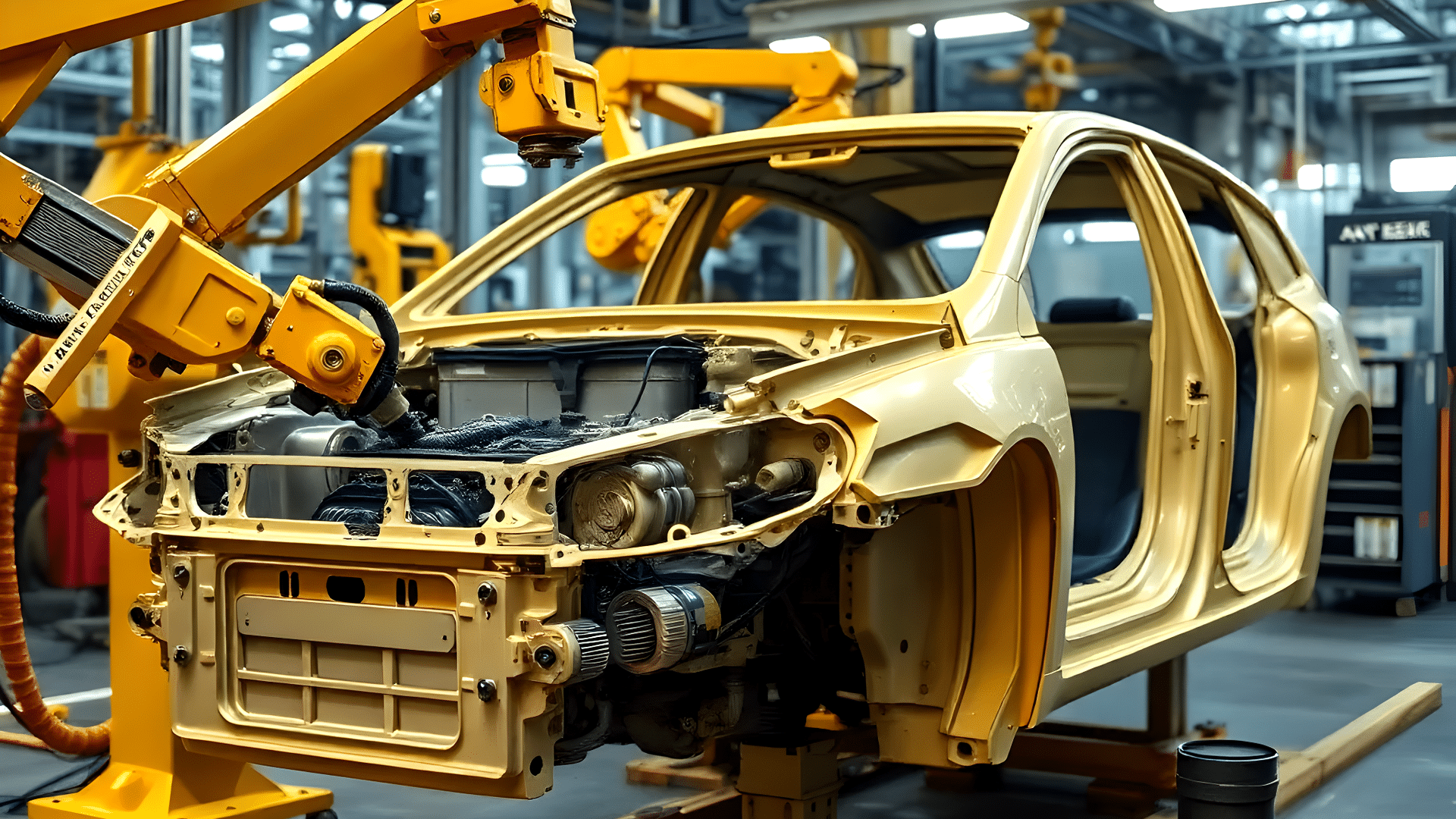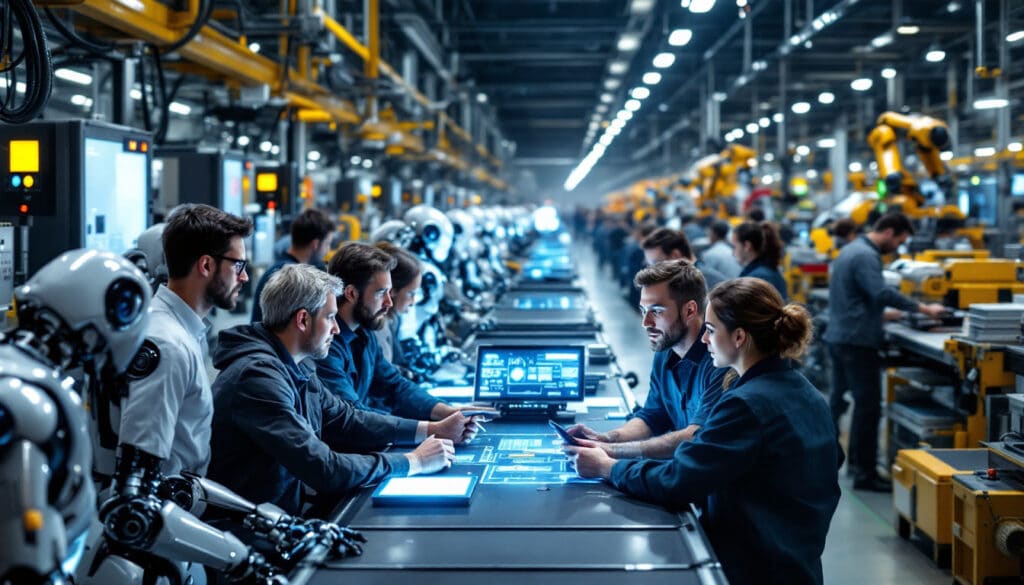Did you know that Abhyuday Jindal, Managing Director of Jindal Stainless, firmly believes that artificial intelligence is the key to the global competitiveness of the manufacturing sector in India? This strategic vision promises to revolutionize the industry by strengthening its position on the international stage. Let’s explore together the challenges of this digital transformation for the future of the Indian manufacturing industry.
Table des matières
ToggleThe Role of AI According to Abhyuday Jindal
Abhyuday Jindal, Managing Director of Jindal Stainless, strongly believes that Artificial Intelligence (AI) will play a crucial role in maintaining the global competitiveness of the Indian manufacturing sector. As a digital transformation consultant, I can attest that Jindal’s statements are not only relevant but also urgent for any company looking to remain competitive in the global industrial landscape.
Le terme « intelligence artificielle » désigne un comportement produit par une machine dont on peut estimer que, s’il avait été le fruit d’une action humaine, il aurait exigé de l’intelligence de la part de la personne à l’origine de cette action.
— Etienne KLEIN (@EtienneKlein) March 11, 2024
Reste que le fait de réussir à… pic.twitter.com/o9FtK1hnSy
The Benefits of AI for the Manufacturing Sector
According to Jindal, the integration of AI into the manufacturing process will have several significant benefits:
- Automation of repetitive tasks – Thus reducing human errors and increasing efficiency.
- Optimization of the supply chain – Allowing better resource management and cost reduction.
- Prediction of equipment failures – Thanks to predictive maintenance, unplanned downtimes can be minimized.
Maintaining an Edge Over Competition
For Jindal, investing in AI is not just about improving internal processes but also about staying competitive on the global stage. Companies that ignore this trend risk falling behind those that adopt these technological innovations.
Future Perspectives
Jindal’s statements are not limited to the mere implementation of AI. He also envisions a future where AI and the Internet of Things (IoT) could be integrated to offer even more robust and customized solutions in the industrial context. The combination of these technologies could give rise to smart factories, where each step of the manufacturing process is optimized in real time.
The Importance of Training and Skills
Another crucial aspect according to Jindal is the need to train staff on new technologies. Innovation can only be driven by teams capable of understanding and effectively manipulating these tools.
Key Points
| Benefits of AI | Strategic Importance |
| Automation | Global competitiveness |
| Supply chain optimization | Continuous innovation |
| Predictive maintenance | Adoption of emerging technologies |





